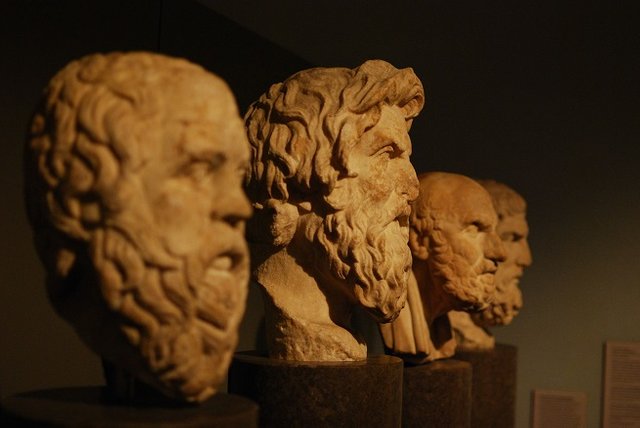Philosophy and theology. Imagine for God
Pascal understands God as a personal being, but nevertheless in his philosophical works he often identifies him with the universe. Under the "Universe", however, the scientist does not only understand the universe that is visible and accessible to the empirical knowledge but also its spiritual aspects - in this sense the use of the term "pantheism" is inappropriate. In his "Thoughts," Pascal gives a rather popular later geometric definition of God-Universe:
This understanding will resonate with both his direct followers like Jordano Bruno and more recently in Paul Floreanski's art treatises or in the essays of Borges.
"Evidence" of the existence of God
Exposed in the second group of fragments of his "Thoughts," this is not his own "proof" in the sense invoked by medieval theologians like Thomas Aquinas. In fact, Pascal is rather polluting and setting ethical categories than dealing with scientific justifications. This evidence is known as Pascal's Bet. He imagines two people who are betting whether God exists or not. The bet is fateful, the bet is designed in Eternity and is nothing but "eternal life." If the bet wins the one who relies on the fact that God does not exist, he does not actually win the bet, because if God does not exist, there is no eternal life. But if he loses, he loses everything. Conversely, if the bettor who bet that God exists, in case he wins the bet, he wins the top prize, but if he loses the bet, he does not lose anything. That is why, according to Pascal, it is purely rational for a man to bet on the existence of God rather than to reject it.
Apology of Christianity
Pascal's main Christian apologetic views are set forth in "Thoughts." Most fragments say he thought he was less likely to bring positive arguments, but rather to reverse the bankruptcy of his opponents. An example of this is the fragment in which he disputes the teachings of his tendency to deny the historicity of Jesus Christ, which had come about at that time. Pascal thinks like this:
Ethics and Gnosology
As a thought for his "Thoughts," Pascal had the idea of introducing the skeptic and the unbeliever to the truths of Christianity and the evidence of his authenticity. He uses a method based on the psychological experiment with which he wants to reveal to the unbeliever the vanity of human existence without God. Skeptics and dogmatics (including religious) can only reach half truths. Thus, gradually, Pascal leads to the idea of the Fall, whose state he explains as a lack of true knowledge. Work, entertainment, and science alone do not lead to a complete and complete understanding of man, the world, the universe, and God. By reaching out to his understanding of what he means, according to Pascal, one has to turn to God and hence seek out the venerable moral values.

This post has received a 7.99 % upvote from @boomerang.